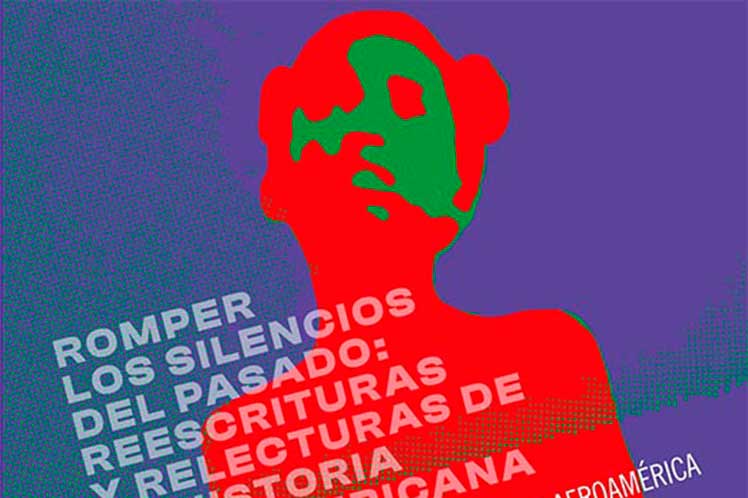The 2nd International Colloquium on Afro-American Studies on Friday concludes at Casa de las Americas in Cuba, with a panel dedicated to women who faced slavery in the territory currently occupied by Brazil.
The meeting validates the existential reconstitution of Luiza Mahin and Queen Agontime, rescues the work by Cuban sculptor Agustin Cardenas and foresees the exhibition of the results of a political and pedagogical project that connects the promotion of reading with roots, traditions and customs in Venezuela.
The program also includes the short fiction film “Permiso para regresar” (Permission to Return), by scriptwriter, producer, director and teacher from the South American nation Maite Bermudez, and a discussion on racial stereotypes in the Caribbean nation from literature and art.
In addition, the event includes the research on that issue and its presence in the colonial novel; the image of the black women in Nicolas Guillen’s poems “Motivos del Son” and “Songoro Cosongo,” and the representation of Afro-descendant women in visual arts.
This last day’s agenda includes an exchange between Haitian and Uruguayan intellectuals of mid-20th century and a dramatized reading of the play “1912,” the last production of the Ritual Cubano trilogy, written by actor and theater director Jorge Enrique Caballero.


Deje un comentario